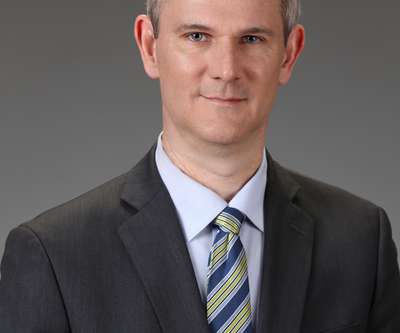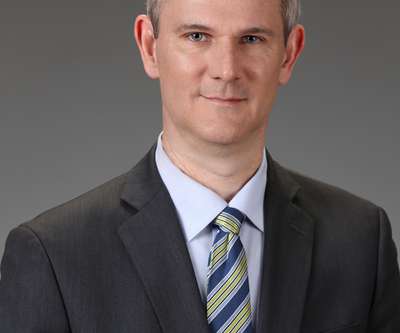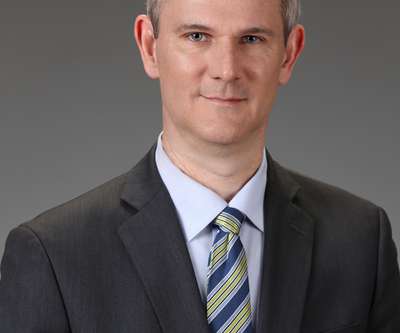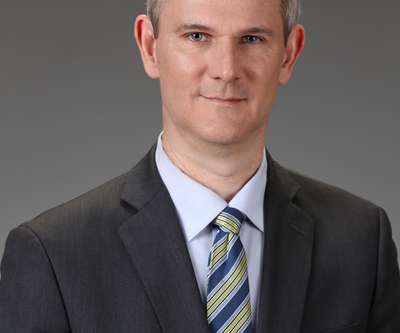Schedule for Thursday's "Libraries as Community Anchors" Mini-Conference (Library 2.0) - Register Now
The Learning Revolution Has Begun
OCTOBER 18, 2021
Libraries are increasingly addressing challenges associated with digital equity, access, and inclusion, as well as issues of security and privacy. For many years, community members have looked to public libraries to provide baseline, public, computer and internet access.















Let's personalize your content